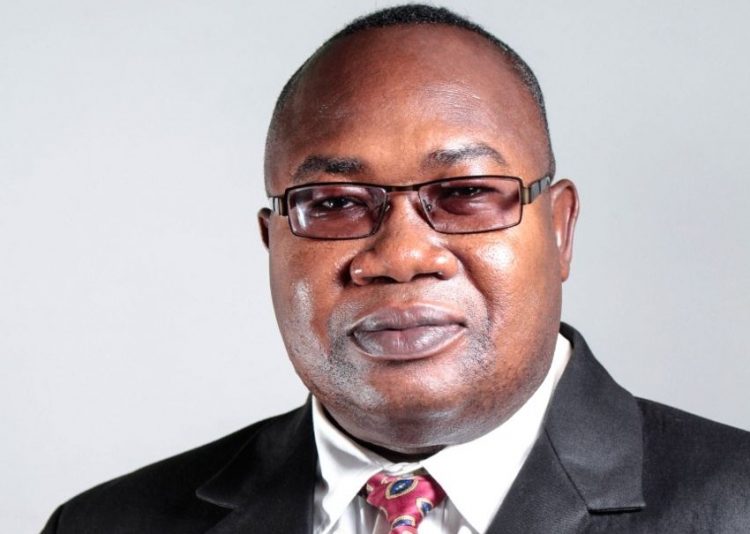Chairman of the Health Committee of Parliament, Hon. Mark Kurt Nawaane, has appealed to the Ghana Medical Association and the Doctors Association of the Tamale Teaching Hospital to call off the industrial strike, acknowledging that the incident that sparked the action may have gone overboard.
He made this urgent appeal while recognizing that the doctors are the aggrieved party. However, he urged them to reflect on the sensitive nature of their work as medical practitioners and continue to attend to patients.
“We are appealing to the General Medical Association and we are appealing to the workers in hospitals to take a second look at their decision. Because they are the aggrieved party, I know. Yes, but we have to take into consideration the type of work that we have agreed to do,” he said.
Following the unannounced visit of the Health Minister to the facility which ended in a confrontation and eventually led to the dismissal of the CEO, Hon. Mark acknowledged that the Minister usually conducts thorough background research before undertaking such visits.
He noted this was a trait he had observed during his time as Ranking Member on the Health Committee in the 8th Parliament.Despite defending the Minister’s usual approach, he expressed his disappointment in how the recent events unfolded, especially as a health professional with over 32 years of experience.
He lamented that the situation went overboard, deviating from tbe usual visit to health facilities
“I’ve had the opportunity to work with the current minister, as his deputy ranking, for at least three of our four years. And he’s somebody who I must say that before he takes decisions of going around, as the minority health team, he does a lot of homework. And he takes the time to really draw up a plan of movement.
“And what happened at the hospital, like I’m saying, it appears that something went overboard. As a professional, I’m not also very enthused about what happened.”
In tackling the situation at hand, the Chairman of the Health Committee appreciated the problem to be both geographical and internally rooted. He noted that some of the challenges stem from long-standing issues in the region, such as water and electricity supply shortages.
He made an urgent call for heads of health facilities to take an active interest in generating sufficient funds to keep their institutions running, while prioritizing service to patients.
He drew an analogy to Western countries, where health administrators are often required to hold a Master’s degree in Health Care Management, a qualification that contributes significantly to hospital revenue generation and efficiency.


